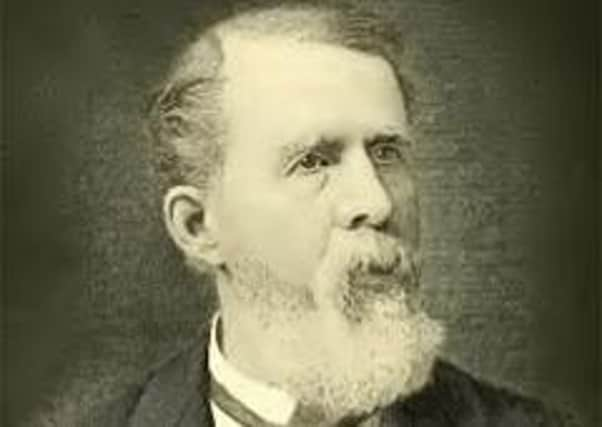Rise and fall of two of our biggest employers


From their small workshop in San Quirico, the pair enlisted their brothers Gianni and Luigi, and Fratelli Mainetti was born.
They went on to supply all the major clothes manufacturers in the country and, as demand increased, they opened factories in the UK, France, Canada and the Netherlands.
Advertisement
Hide AdAdvertisement
Hide AdThe Jedburgh factory was opened in the 1970s and became one of the Borders’ biggest employers.
The factory churned out 100 million hangers a year at its zenith, with the company worldwide making around three billion of them.
Mainetti had virtually cornered the market, and its managing director James Hutchison boasted in 2012 that every household in the UK would have at least one of its hangers in their wardrobes.
However, in recent years, a move by consumers to buying clothes online, and the subsequent collapse of much of Mainetti’s main customer base, led to workers being given the option earlier this year of working a three-day week or reduced hours in order to save money.
Advertisement
Hide AdAdvertisement
Hide AdIt appears the current coronavirus lockdown, which has seen clothing stores closed completely for almost three months, has been the straw that broke the camel’s back.
Starrett’s has a different story. Formed in America in 1880 by Laroy Sunderland Starrett, the inventor of the combination square, the company grew across the US and into Europe, manufacturing tools and machinery used by contractors and engineers throughout the world.
Jedburgh was chosen as an ideal location for its UK business and then owner Douglas R Starrett oversaw its factory here being built on the outskirts of the town in 1958.
At its height, more than 150 people were employed at the 200,000sq ft factory, producing more than two million hole saws a year.
Advertisement
Hide AdAdvertisement
Hide AdOther items made by the factory included different types of saw, blades for bandsaws and optical profile projectors – also known as shadowgraphs – which provide non-contact measurement of manufactured parts.
Over the last four years, the company consolidated its manufacturing to its plants in Jedburgh, Suzhou in China and Itu in Brazil.
The company said that consolidation “provided clear financial improvements in the Brazil and Suzhou, but not in Jedburgh”.
Again, the coronavirus pandemic and the resulting lockdown appear to have pushed a company into abandoning its Borders base.